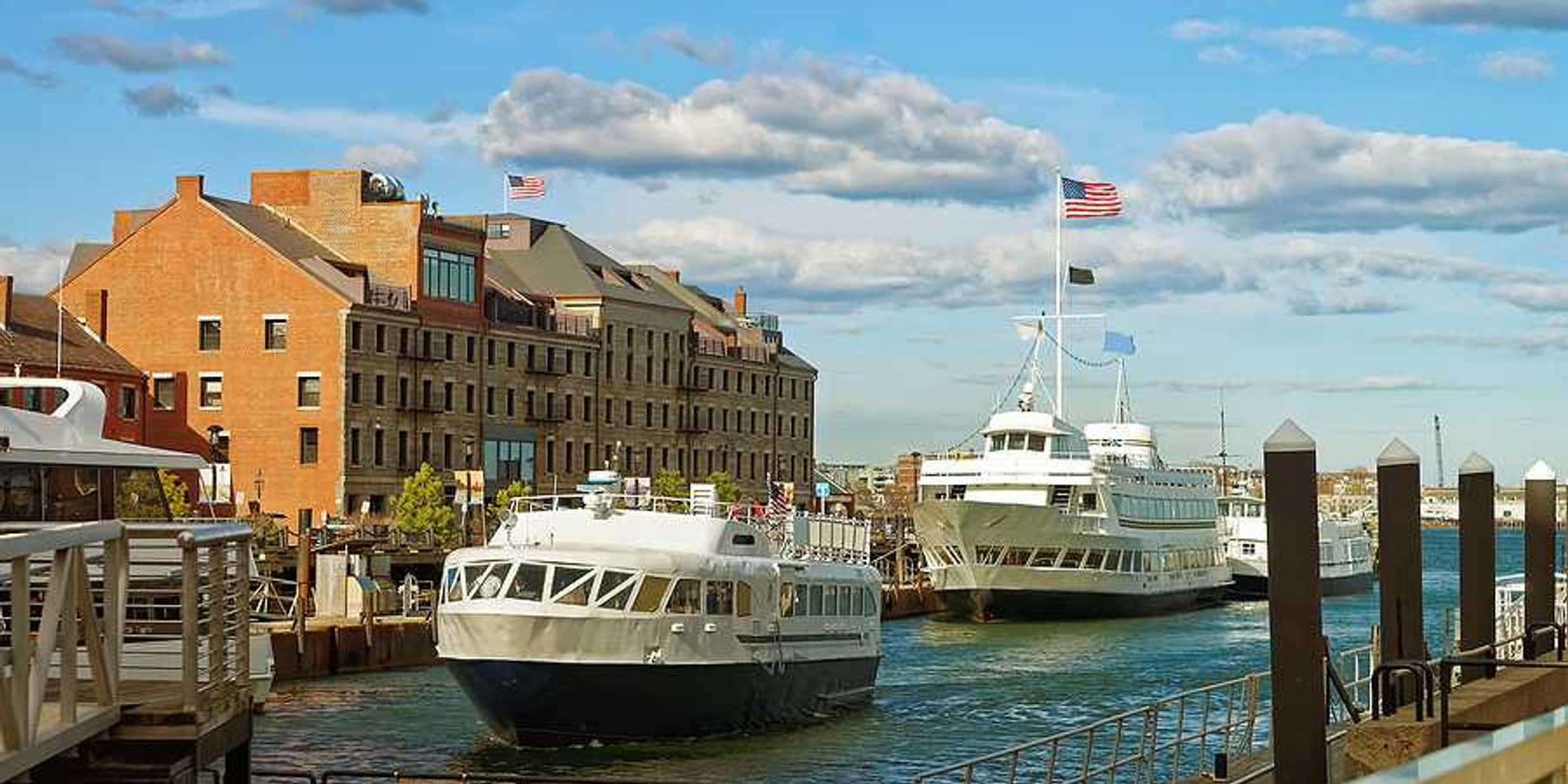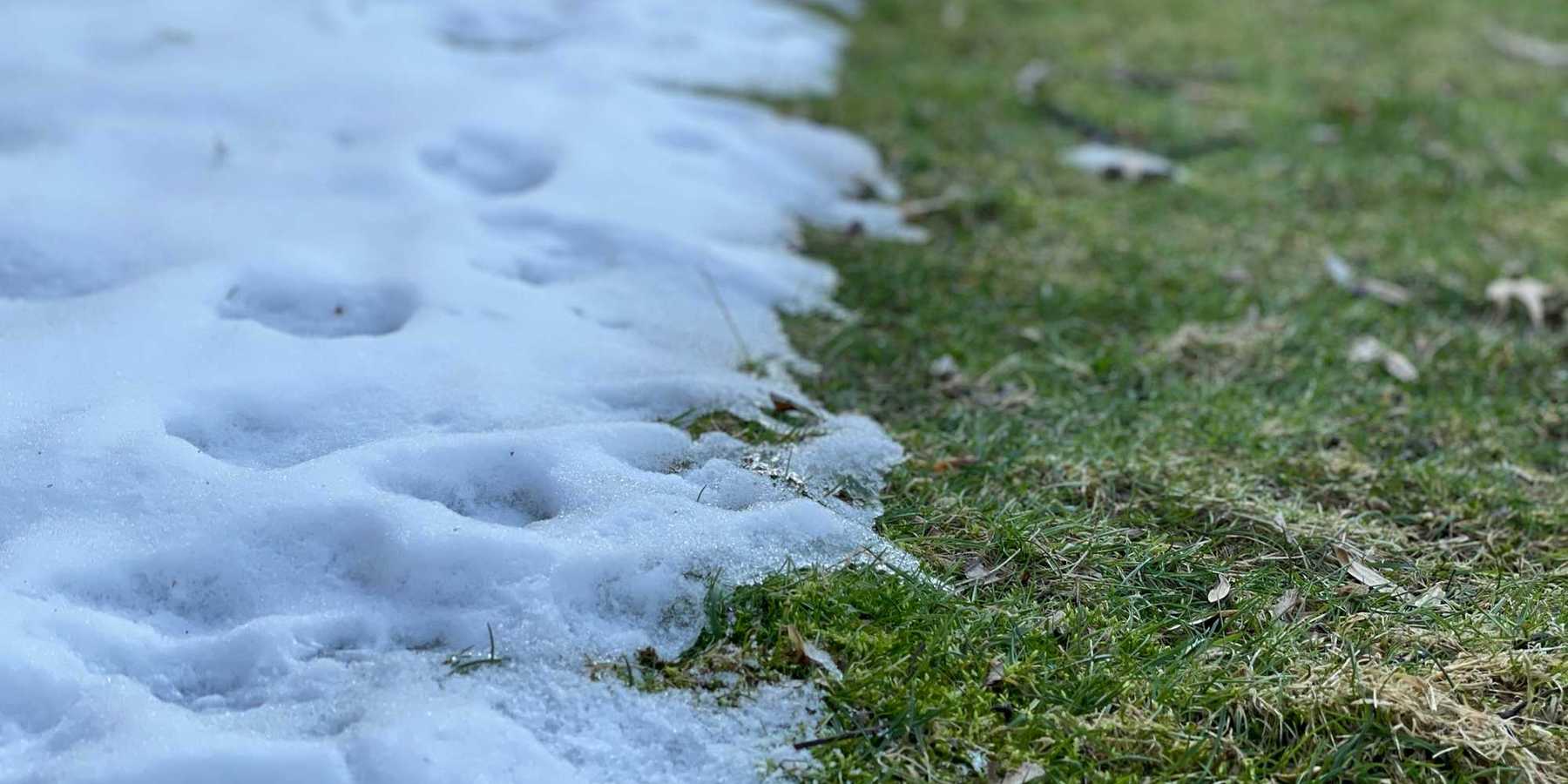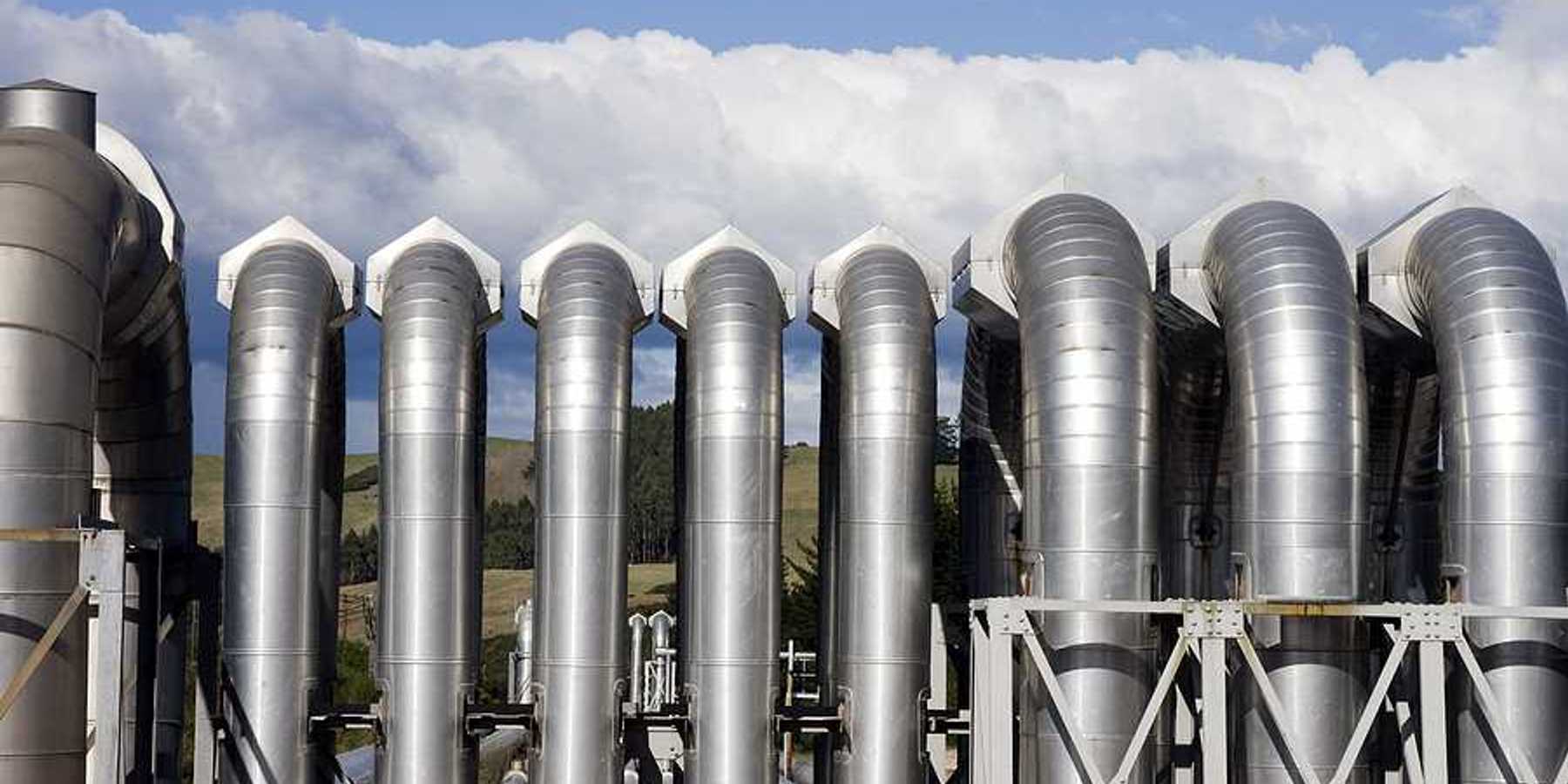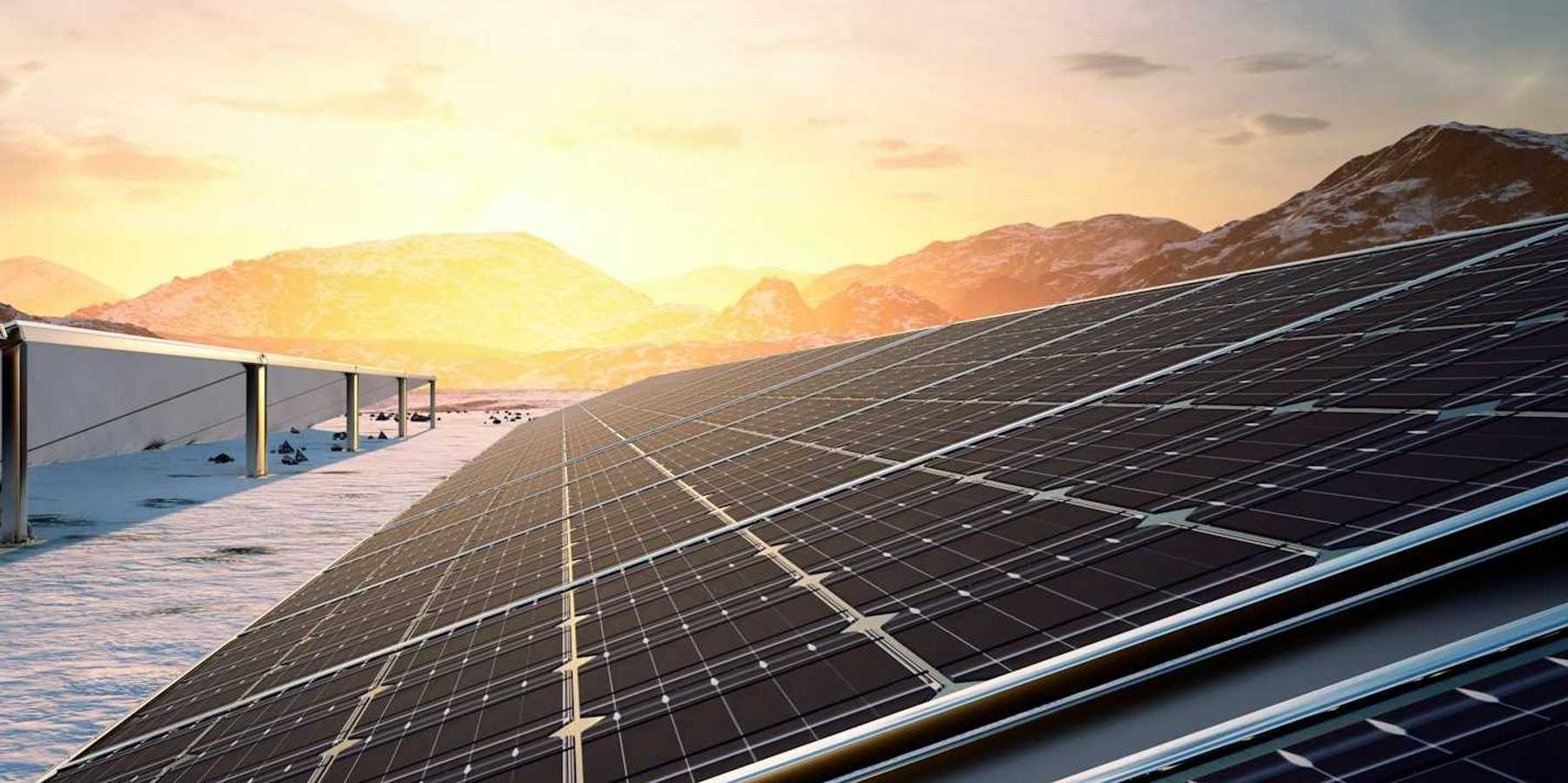Here’s the truth about Sunak’s plans for the North Sea: he will sell out the planet to the dirtiest bidders
Despite grave new warnings about the depth of the climate crisis, plutocrats are fighting to keep their profits – and Rishi Sunak is with them, says Guardian columnist George Monbiot
In a nutshell:
As environmental scientists and activists fight for the survival of the planet, the fossil fuel and other polluting industries are fiercely battling for their economic interests. Political leaders, like Rishi Sunak in the UK and Donald Trump in the US are making decisions that prioritize short-term economic gains over the urgent need to address climate breakdown. The consequences of these choices could lead to disastrous effects, from the collapse of crucial ocean currents to severe disruptions in global weather patterns and food production. The pollution paradox, where damaging companies wield significant political influence, perpetuates this dangerous course of action, putting the future of humanity at risk.
Key quote:
"The most damaging companies have the greatest incentive to invest money in politics (by making donations to political parties, funding lobbyists and junktanks, hiring troll farms and microtargeters and all the other overt or covert techniques). So politics, in our money-driven system, comes to be dominated by the most damaging companies" writes George Monbiot.
The big picture:
Burning fossil fuels releases harmful pollutants and greenhouse gases, contributing to air pollution, respiratory illnesses, and climate change. The resulting smog and fine particulate matter can lead to heart and lung diseases, while the escalating climate crisis threatens to exacerbate extreme weather events and disrupt ecosystems, impacting food security and public health on a global scale.
Read Monbiot's full commentary at The Guardian.
Hurricanes, algae blooms, rising seas and melting ice. How much more before climate denial fades away, asked former EHN columnist Peter Dykstra in 2018.













